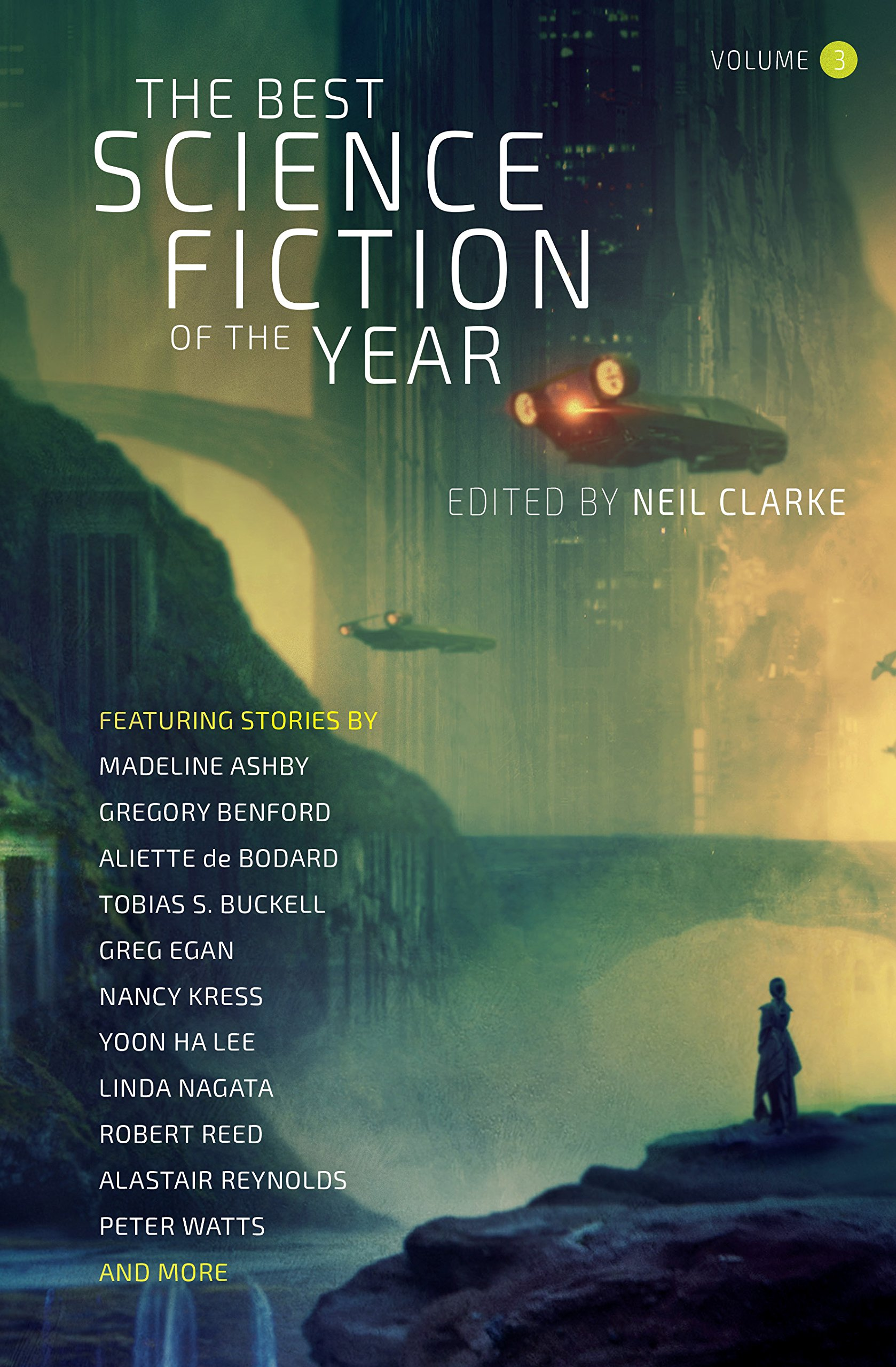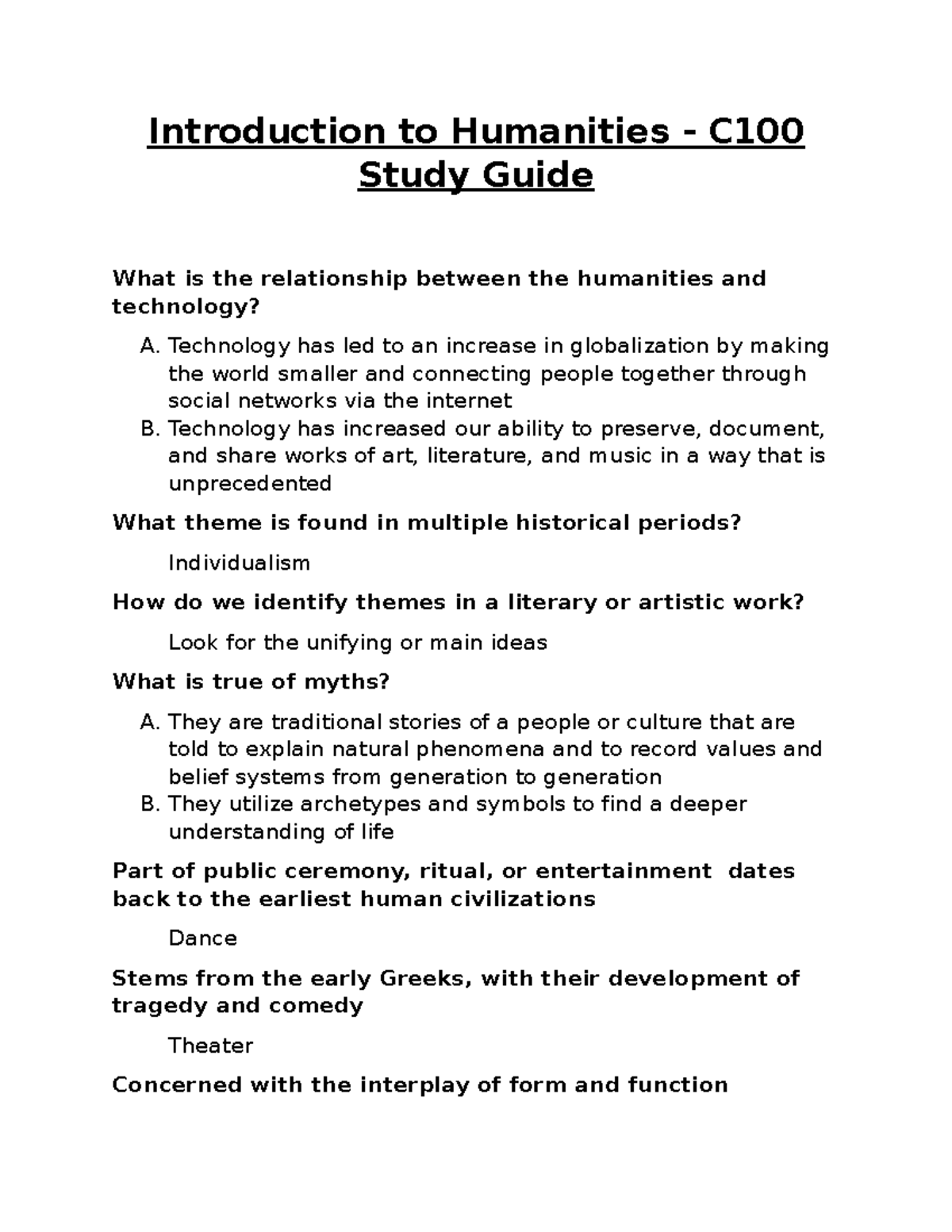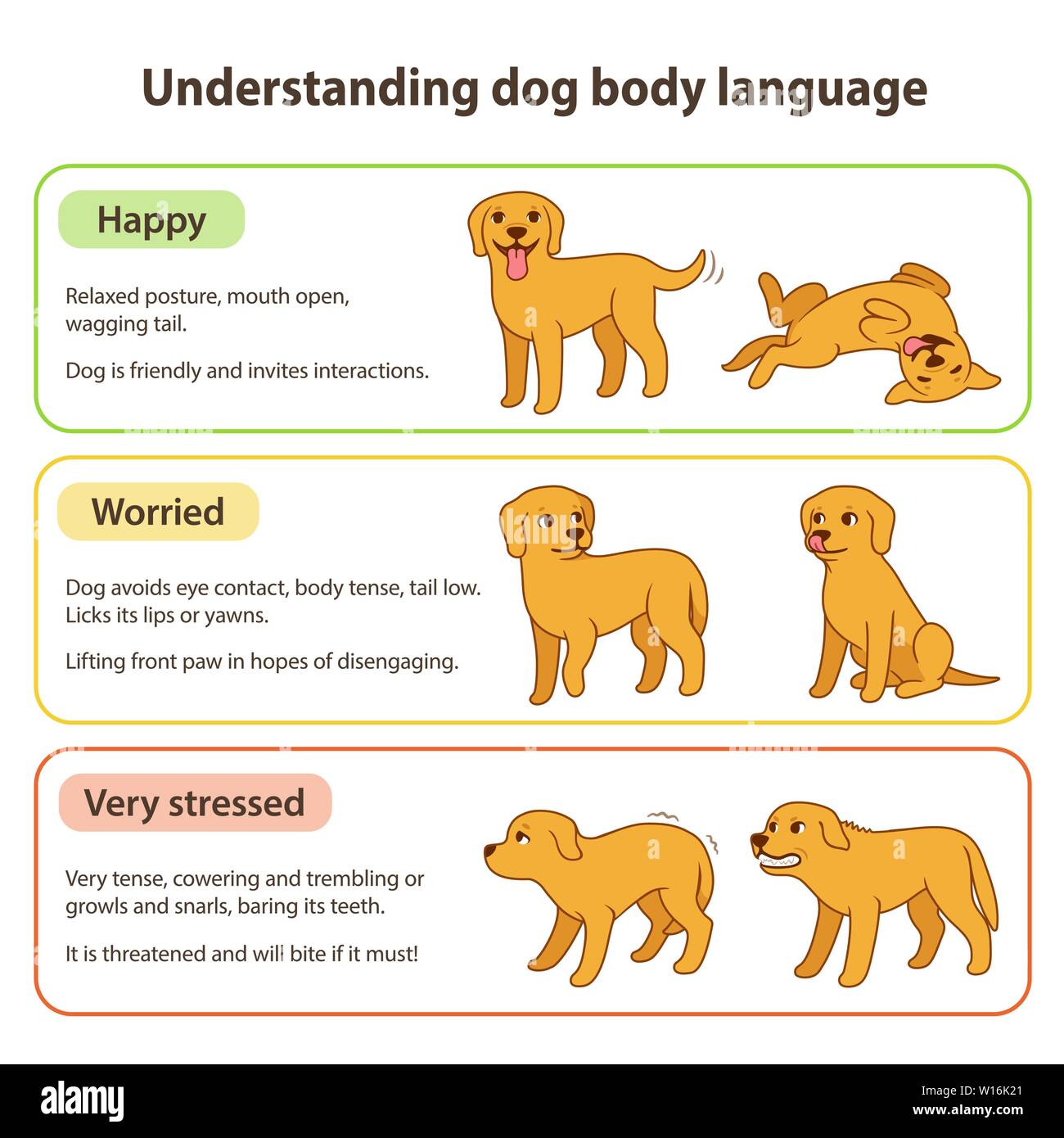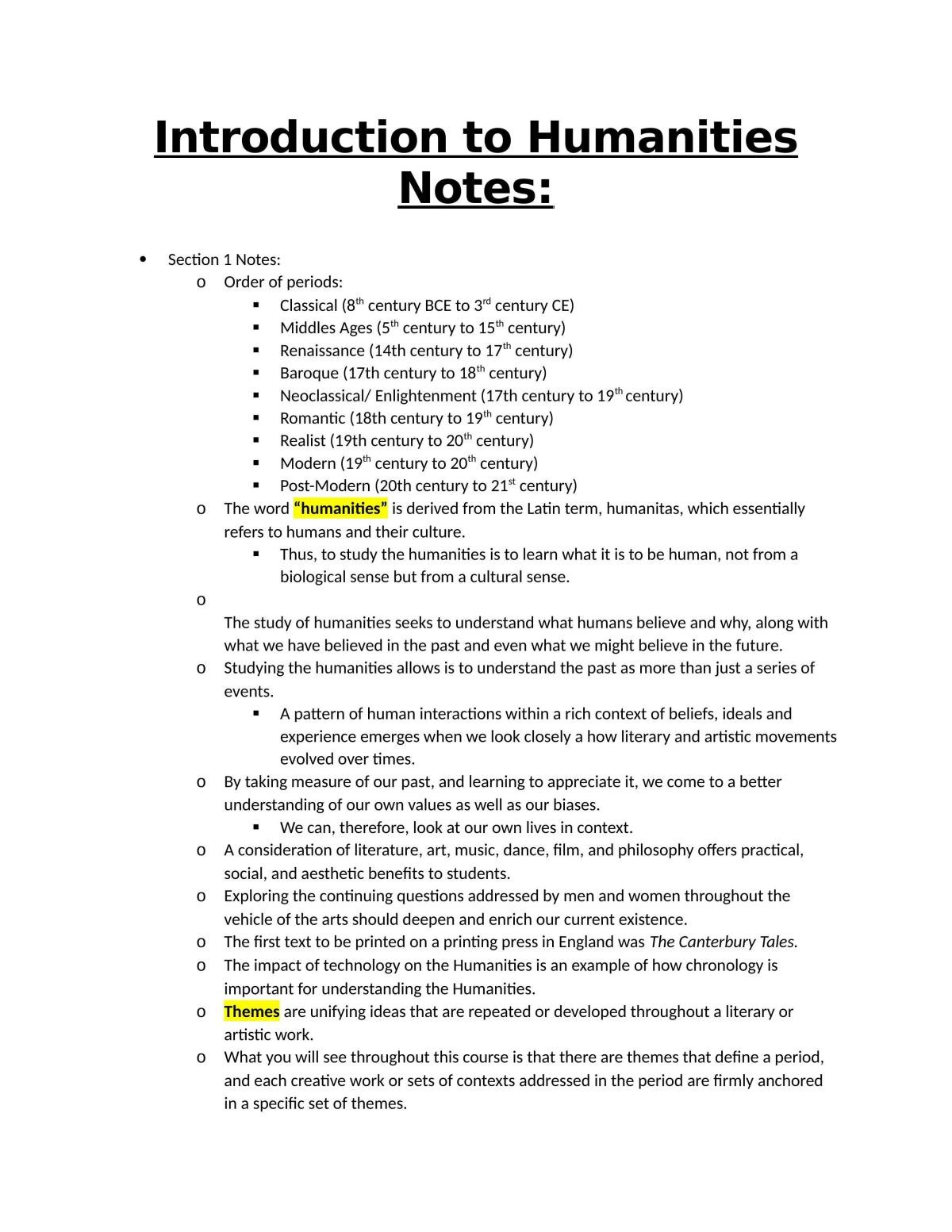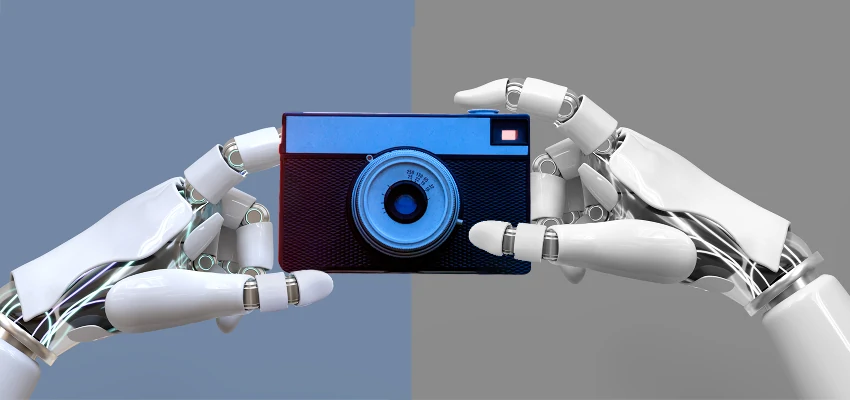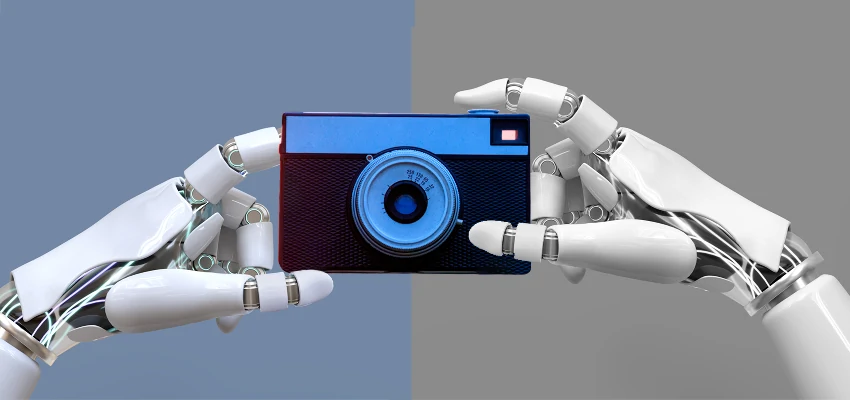Science fiction books transport readers to worlds where the boundaries of reality blur with imagination, making them an essential part of the literary landscape. These narratives delve into profound themes such as AI in literature, exploring the complexities of artificial intelligence and its implications on humanity and technology. From cautionary tales about censorship in science fiction to inspiring glimpses into the future of intelligence, these works challenge us to question our current trajectory. Faculty and staff from Harvard have curated a selection of recommended sci-fi novels that not only entertain but also provoke thought on critical issues that resonate in our modern lives. As we sift through the pages of these imaginative stories, we uncover universal truths about the human experience and the ever-evolving relationship between man and machine.
Books in the realm of speculative fiction offer a fascinating exploration of futuristic concepts and existential dilemmas. Often intertwining themes of artificial intelligence and its ethical implications, these stories push the boundaries of our understanding of society. A compelling blend of entertainment and philosophy, suggested titles from academic experts shine a light on questions surrounding censorship and the impact of technology on our lives. Through this rich tapestry of narratives, readers find a deeper connection to the challenges and triumphs of our species as we navigate the digital age. Engaging with these tales allows us to reflect on the critical intersections between innovation and morality.
Exploring AI in Literature Through Science Fiction Books
Science fiction has long served as a mirror reflecting our own ambitions and fears about technology, making it a particularly fertile ground for exploring artificial intelligence. Notable works like ‘Blindsight’ by Peter Watts delve deep into the complexities surrounding AI, challenging our perceptions of consciousness and what it means to be human. This exploration is not merely academic; it has real implications for how societies govern technology and navigate the future of intelligence. As writers push the boundaries of these narratives, they encourage us to question the ethical dilemmas arising from AI development, and foster a greater understanding of our own humanity.
Through vivid storytelling, sci-fi books open up discussions on the seemingly distant yet increasingly relevant themes of AI. In works like ‘Fahrenheit 451’ by Ray Bradbury, censorship is a central theme that demonstrates the fragility of knowledge in an age dominated by technology. This narrative warns against the perils of allowing machines to dictate not only what we consume but how we think. With their ability to forecast potential futures, these stories stimulate critical discussions and drive home the necessity of maintaining our intellectual freedom, especially as AI continues to expand its role in society.
Censorship in Science Fiction: A Reality Check
The theme of censorship is a recurring motif in many science fiction novels, providing a poignant commentary on the real-world implications of controlling information. For instance, Han Song’s ‘Exorcism’ depicts a universe beset by a disease requiring drastic measures, paralleling current events where censorship often serves as a tool for political agendas. This chilling narrative encourages readers to reflect on the ways that narrative and memory can be manipulated, urging caution against the seductive nature of forgetting in favor of comfort. Such cautionary tales resonate with modern discussions around digital privacy and the suppression of dissenting voices.
Moreover, censorship in science fiction serves to highlight the critical role of literature as a form of resistance. In ‘Fahrenheit 451’, books are burned as a brutal form of censorship, suggesting that a society lacking access to diverse narratives inevitably stifles innovation and critical thought. Bradbury’s tale underscores the need for vigilance in protecting the freedom to read and communicate, especially as new technologies challenge the landscape of information dissemination. Ultimately, these narratives compel readers to confront the potential reality: that without active preservation of intellectual freedoms, society risks slipping into complacency.
Humanity and Technology: The Intersection in Sci-Fi Stories
Science fiction literature provides a unique lens through which we can examine the nuanced relationship between humanity and technology. Novels like ‘A Rover’s Story’ by Jasmine Warga explore human emotions by juxtaposing them with the experiences of AI, provoking reflection on what it truly means to be human in an age of rapidly evolving machines. Through the eyes of a Mars rover that longs to understand human emotion, readers engage in a dialogue about companionship and connection, raising important questions about our evolving relationships with technology as it becomes increasingly integrated into our lives.
Similarly, ‘Solaris’ by Stanislaw Lem challenges the boundaries of understanding and communication as scientists grapple with a sentient ocean. As the crew interacts with the unknown intelligence of Solaris, the narrative serves as a metaphor for the complexity of human interaction with systems beyond our comprehension. As we share our world with more powerful forms of intelligence, these science fiction stories tap into our deepest concerns about the future—balancing hope and apprehension in face of the unknown. This ongoing dialogue between humanity and technology is essential for anyone looking to navigate an increasingly automated world.
Recommended Sci-Fi Novels That Define Our Future
For those interested in contemplating the future of intelligence and technology, a selection of recommended science fiction novels serves as an excellent starting point. ‘Blindsight’ challenges conventional notions of consciousness, pushing readers to ponder what a superior intelligence might look like and how it could affect humanity’s place in the universe. As technology becomes more embedded in our daily lives, understanding these narratives can inspire both courageous innovation and caution regarding the implications of creating entities that might operate beyond our moral and ethical frameworks.
Equally compelling, ‘A Rover’s Story’ engages younger audiences while prompting critical discussions about the intersection of technology and emotion. This ability to resonate across age groups showcases the versatility of sci-fi literature in addressing fundamental questions of existence, connection, and the implications of technology on the human experience. By examining these recommended novels, readers are invited to reflect on their own assumptions about the roles of technology in shaping not just individual lives, but societal futures.
The Future of Intelligence Through Sci-Fi Perspectives
As we strive to understand the future of intelligence, science fiction provides valuable foresight into the technological advancements that lie ahead. Works like ‘Fahrenheit 451’ and ‘Exorcism’ reveal the potential consequences of allowing technology to overshadow critical engagement with information. These narratives serve as cautionary tales, urging readers to maintain awareness of the ways in which technology can be manipulated for control, ultimately shaping our understanding of intelligence itself.
Moreover, the exploration of AI in novels such as ‘Blindsight’ emphasizes the need to remain vigilant about the capabilities—and limits—of artificial intelligence. By engaging with these stories, we reflect on our responsibilities as creators and consumers of technology. In doing so, science fiction not only entertains but educates, highlighting the importance of ethical considerations in advancing toward a future where intelligence—artificial or otherwise—plays a dominating role.
Frequently Asked Questions
What role does AI play in contemporary science fiction books?
In contemporary science fiction books, AI serves as a central theme that explores the complexities of intelligence, consciousness, and the ethical implications of creating sentient beings. Authors like Peter Watts in “Blindsight” delve into scenarios where AI surpasses human capabilities, prompting readers to reflect on the nature of consciousness and the potential consequences of advanced technology.
How is censorship addressed in science fiction books?
Censorship in science fiction books often reflects societal fears, as seen in works like Ray Bradbury’s “Fahrenheit 451”, where the suppression of literature serves as a warning against the dangers of controlling information. Such narratives not only explore the consequences of censorship but also critique the cultural distractions that prevent meaningful engagement with knowledge.
What themes do science fiction books explore regarding humanity and technology?
Science fiction books frequently explore the relationship between humanity and technology, raising questions about identity, connection, and the essence of being human. Titles like “A Rover’s Story” examine how human emotions and experiences intertwine with technological advancements, encouraging readers to reflect on the implications of AI and machine interactions in our lives.
Can you recommend some influential sci-fi novels that explore these themes?
Certainly! Some highly recommended sci-fi novels that probe themes of AI, censorship, and humanity’s relationship with technology include “Blindsight” by Peter Watts, “Solaris” by Stanislaw Lem, “A Rover’s Story” by Jasmine Warga, and “Fahrenheit 451” by Ray Bradbury. These novels not only entertain but also challenge readers to think critically about the future of intelligence and societal issues.
What does the future of intelligence look like according to science fiction books?
Science fiction books often depict a future of intelligence that challenges our understanding of what it means to be sentient. With narratives showcasing AI that may lack human-like consciousness, as in “Blindsight”, and the ethical dilemmas it presents, these works invite readers to consider the evolving nature of intelligence and the potential paths humanity could take as technology continues to advance.
| Title | Author | Key Themes |
|---|---|---|
| Blindsight | Peter Watts | Explores AI, consciousness, and the implications of non-human intelligence. |
| Solaris | Stanislaw Lem | Investigates the limits of human understanding and the nature of intelligence through alien encounters. |
| A Rover’s Story | Jasmine Warga | Reflects on human emotions and connections through the perspective of a Mars rover. |
| Exorcism | Han Song | Censorship and the fight against cultural amnesia through dystopian narratives. |
| Fahrenheit 451 | Ray Bradbury | A cautionary tale about censorship and the impact of technology on knowledge and curiosity. |
Summary
Science fiction books continue to captivate readers with their exploration of complex themes such as technology, humanity, and social issues. Highlighted by recommendations from Harvard faculty, these narratives not only entertain but also provoke critical thought about the present and future of our society. From the cautionary tales of censorship in Ray Bradbury’s “Fahrenheit 451” to the philosophical questions raised in Peter Watts’ “Blindsight,” these science fiction books challenge us to reflect on our world and inspire us to consider the possibilities of what lies ahead.

